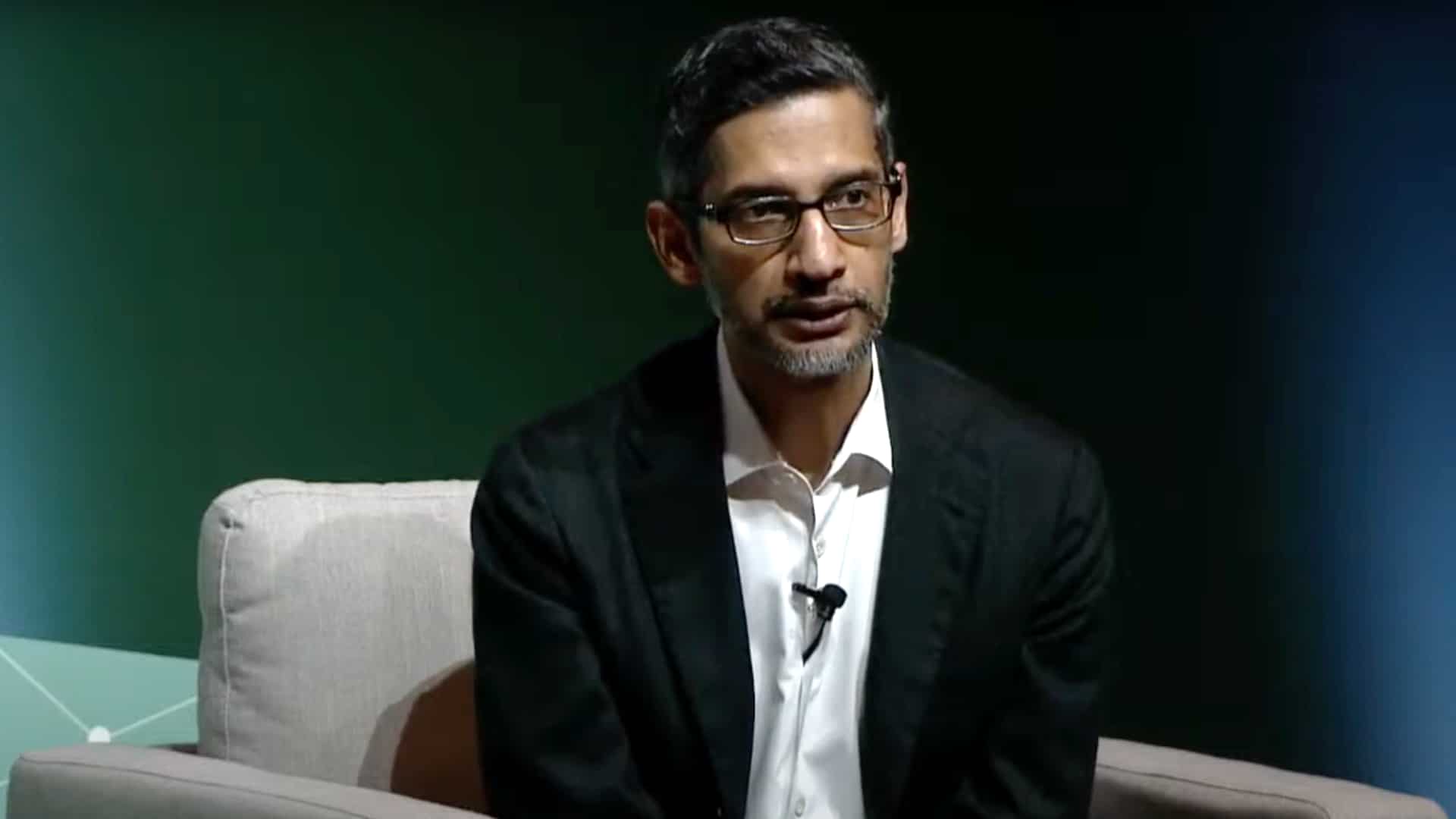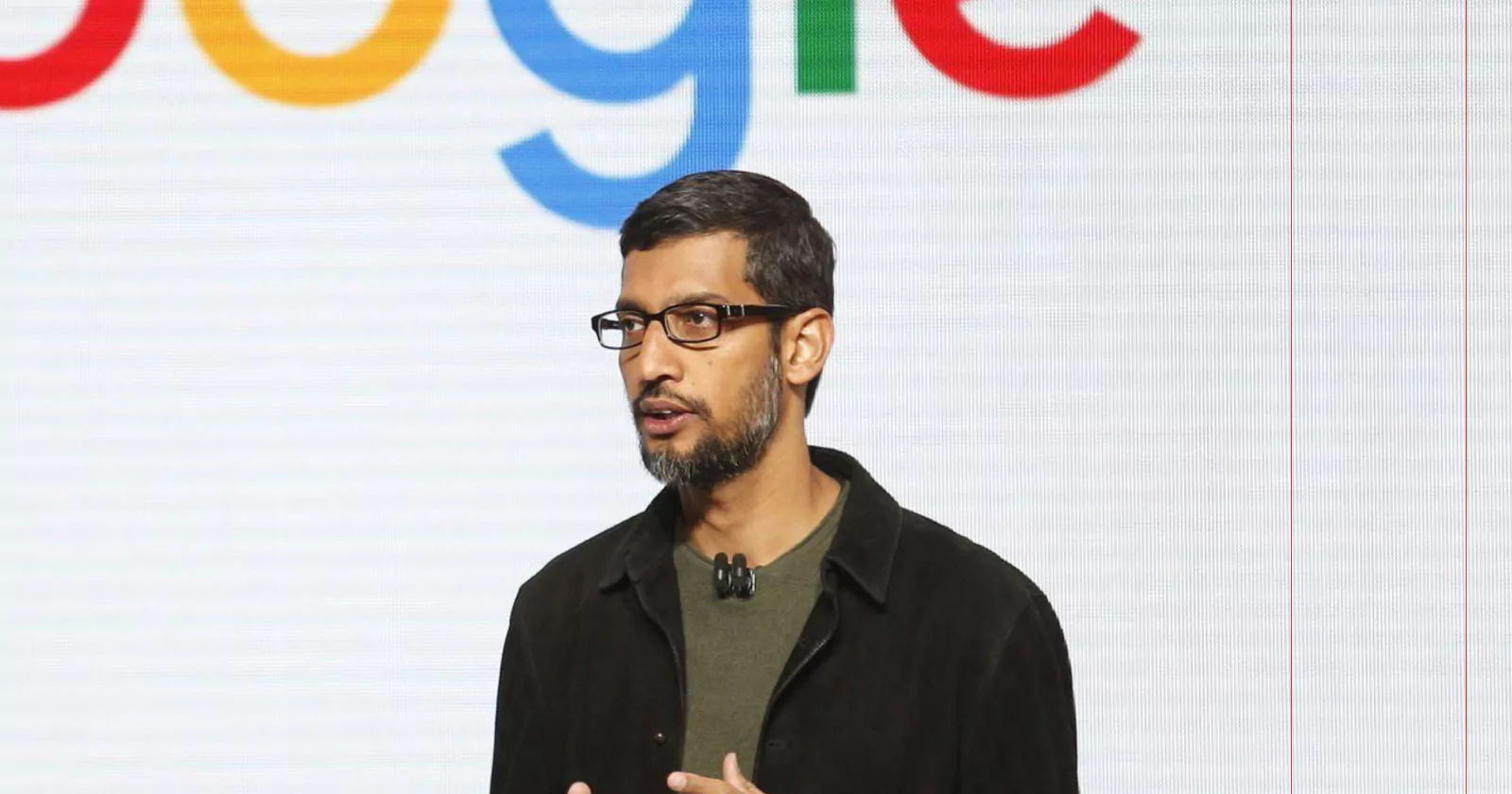Sundar Pichai, Google’s CEO, participated in an in-depth interview with Andrew Ross Sorkin at the New York Times DealBook Summit, discussing the future of Google Search and its integration of AI. Pichai positioned Google as a pioneer in AI innovation, highlighting its foundational contributions, including the development of transformers, which have profoundly shaped the AI industry. He emphasized that these are still the “earliest stages” of a significant shift in technology.
Pichai elaborated on Google’s comprehensive investment in AI, ranging from foundational research to the creation of advanced infrastructure like tensor processing units. He pointed out Google’s influence on a global scale, with numerous products reaching hundreds of millions of users, and highlighted the company’s strides in cutting-edge technologies, including tools that generate 3D scenes from text and images. These advancements reflect Google’s ongoing focus on staying at the forefront of AI development.
When discussing AI’s application in Google’s services, Pichai pointed to search as the primary area of focus. He explained how technologies like BERT and MUM have improved search by enhancing its understanding of language and incorporating multimodal capabilities. Pichai stressed that these innovations are part of Google’s long-standing effort to address challenges in search and ensure it remains a valuable tool in an ever-evolving technological era.

Looking forward to 2025, Pichai predicted that search will undergo significant changes, particularly in handling more complex questions. He acknowledged that achieving future advancements will be more difficult as the simpler breakthroughs have already been implemented. Nevertheless, he expressed confidence in Google’s ability to deliver technical and algorithmic innovations that will further improve search.
In response to concerns about the relevance of search in an era of AI-generated content, Pichai argued that search becomes even more essential. He emphasized the importance of providing users with reliable, trustworthy content in a world increasingly saturated with information. He viewed AI’s rise not as a threat to search but as an opportunity to enhance its value and usefulness.
The conversation also addressed the impact of AI and digital platforms on content creators. Pichai defended Google’s role in supporting publishers, highlighting its efforts to drive traffic to their websites and initiatives like YouTube’s Content ID program. However, he did not directly address issues such as the prominence of low-quality material in search results or the challenges faced by creators outside Google’s platforms.
When asked specifically about the devaluation of content, Pichai struggled to articulate a comprehensive response. While he touched on the importance of fair use and compensating creators, his comments lacked detail, particularly regarding creators who are not part of Google’s ecosystem. This left key questions unanswered about how Google plans to address these broader concerns.
The interview provided valuable insight into Google’s approach to AI and its vision for the future of search. At the same time, it highlighted ongoing challenges, particularly around supporting creators and ensuring that high-quality content continues to thrive. While Pichai offered a strong defense of Google’s technological leadership, the discussion underscored the need for a more detailed strategy to balance innovation with the needs of content producers.







Leave a Reply